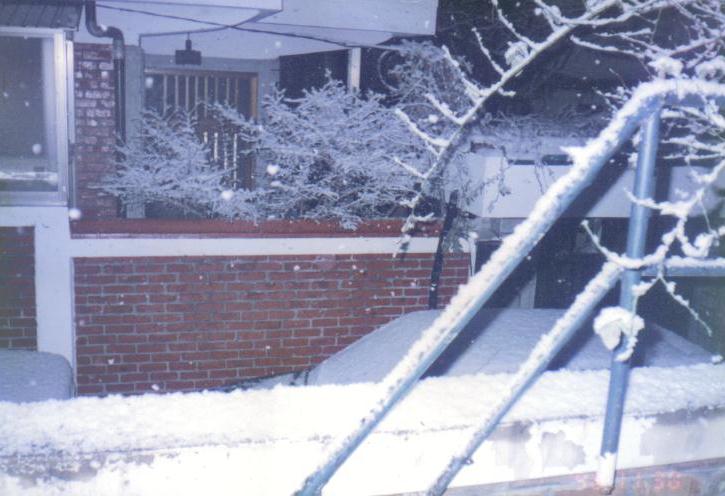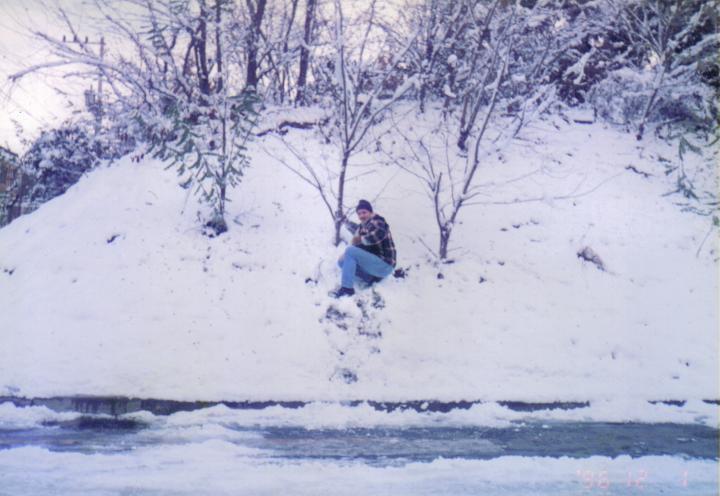Thursday, 19 December 1996
Well, it’s the week before Christmas. The 19th of December … didn’t think I’d even see it in Korea. I feel somewhat strange at the moment. Everything is coming together – almost the end of the year, two and a half months away from the end of February …
Tuesday, 31 December 1996
And so on and so on, last year this time … another year, and so forth.
What a strange, but also in a way, neat, year. Six months of soul searching, sitting around in my sister’s living room, being broke (again/still), and then – voila! – my own little refuge in Wu-A-Dong, Duk-Jin-Gu, Chonju City, South Korea!
I’m not going to give an overview of the entire 1996 here. Nearly all the important things have already been recorded. I didn’t get to my day-to-day journal, and I still have some newspapers from August to read …
So much can be said about last year: Christmas Day 1995 was, in fact, more enjoyable than this Christmas – proof that you can indeed make good memories on your own.
Advice for 1997? Avoid poverty, and avoid boredom. Think twice before you do something. Impulsivity and so on has its place, but I don’t need to tell myself that certain things like avoidance of poverty and avoidance of boredom should never be taken for granted.
On December 31st, 1997!
______________________

